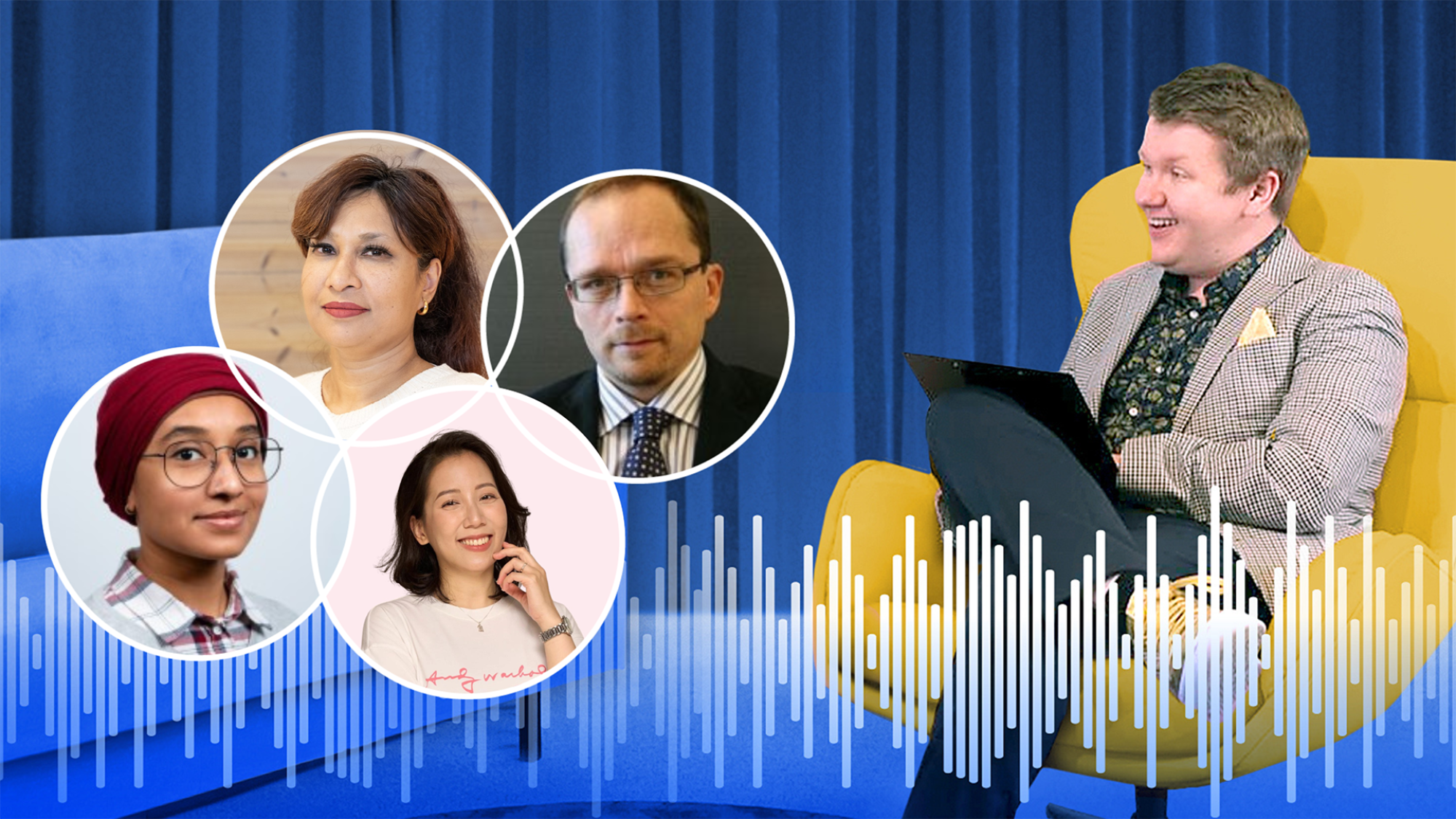Kerttu Saalasti Institute Blog
In Kerttu Saalasti Institute's blog we write about the topics of the Institute's research groups, micro entrepreneurship education and the Institute's general topics. The authors are researchers, experts and members of networks.
Our topics are: micro entrenepreneurship, future manufacturing technologies, regional excellence, micro entrepreneurship education
